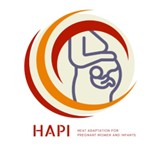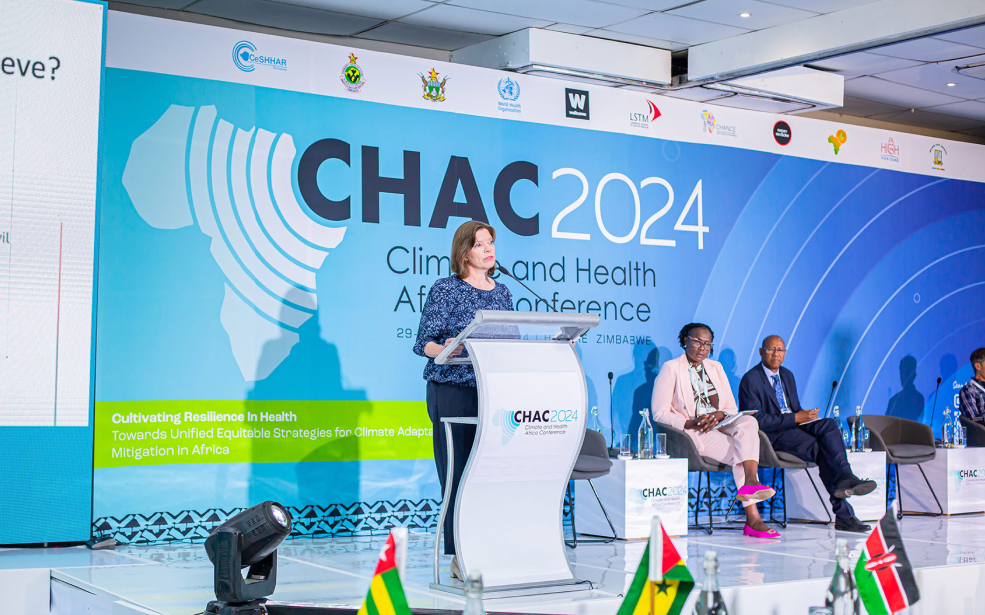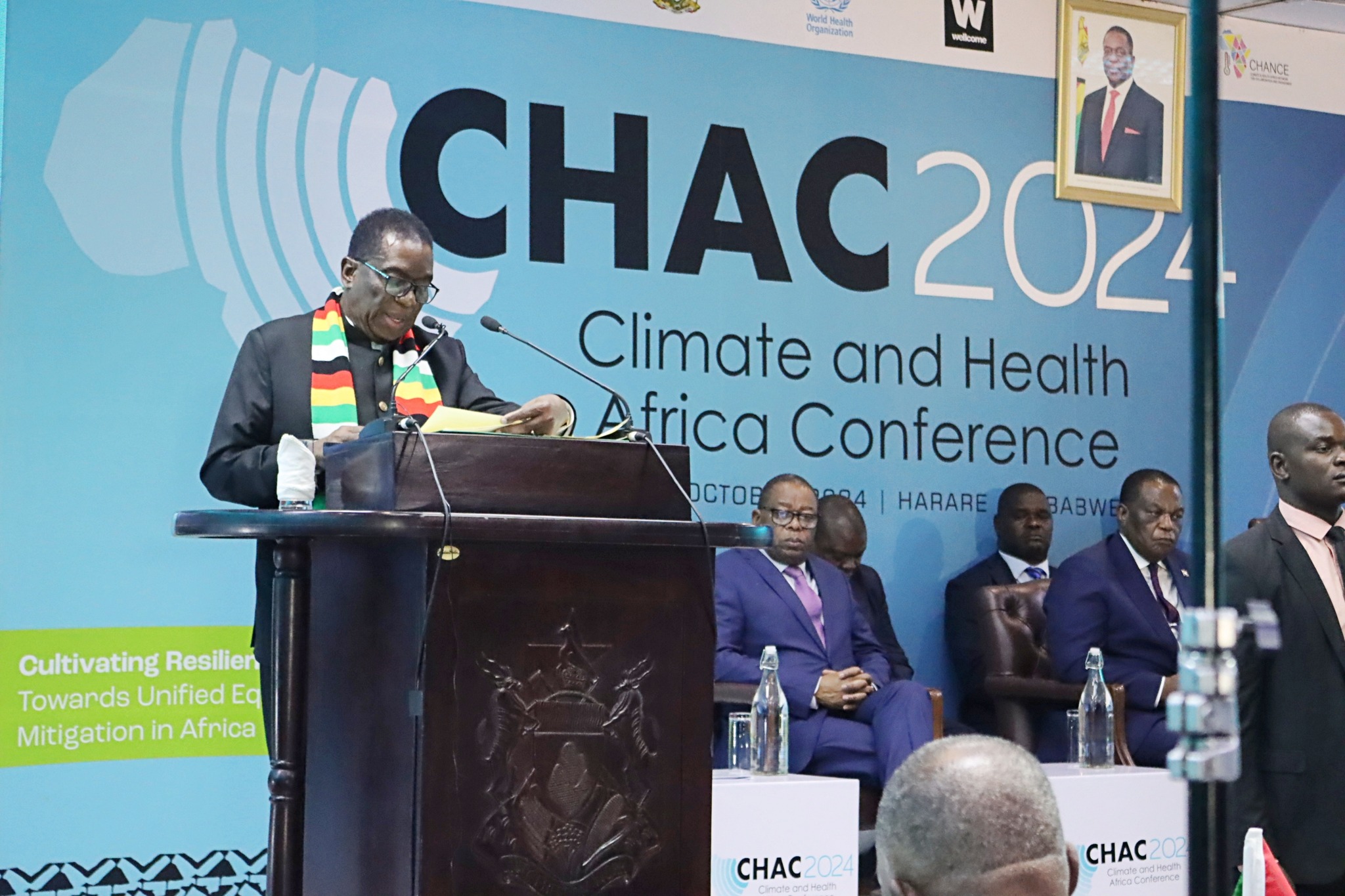HAPI: Heat Adaptation for Pregnant Women and Infants
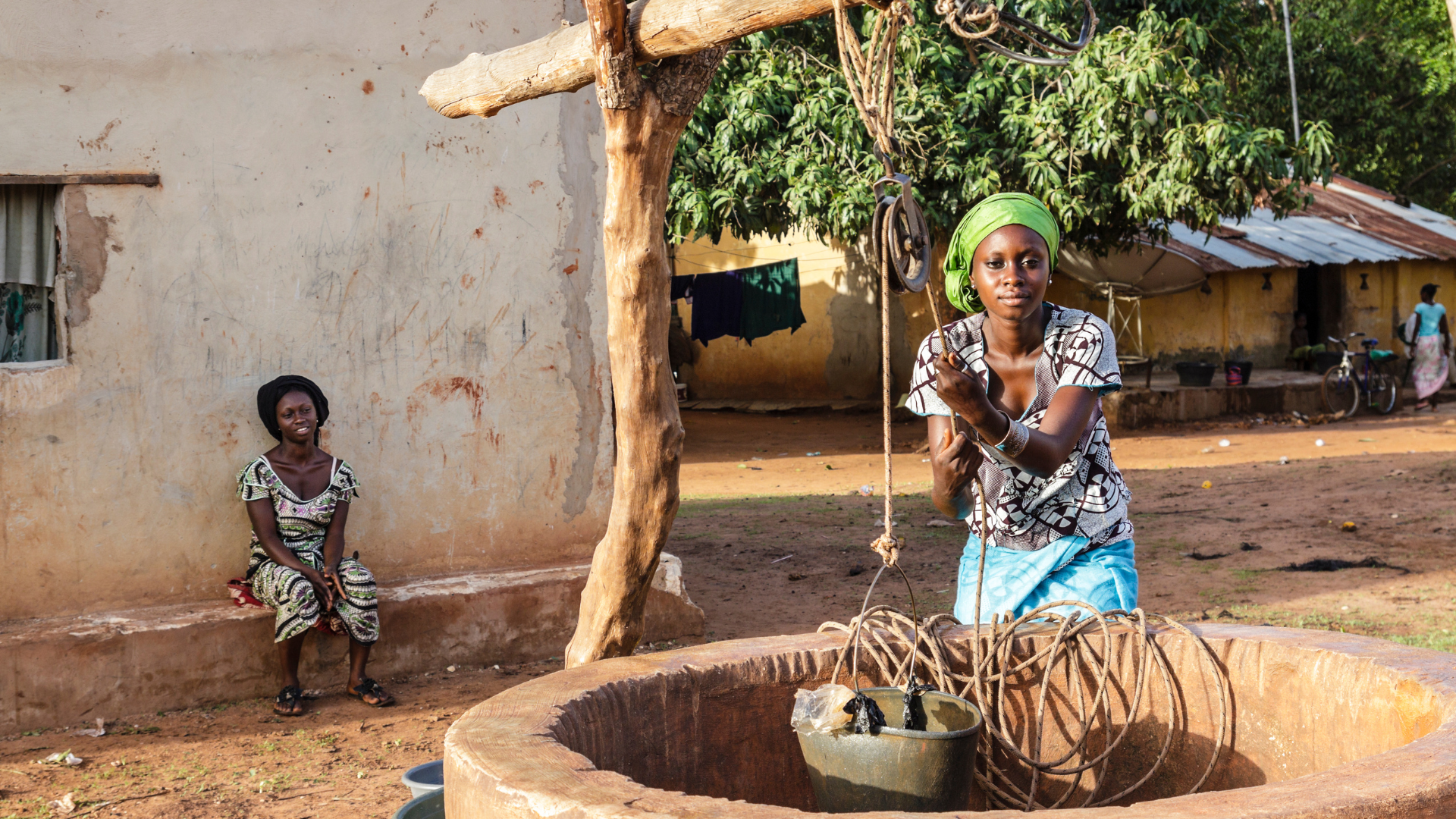
Locations
- South Africa
- Zimbabwe
Partners


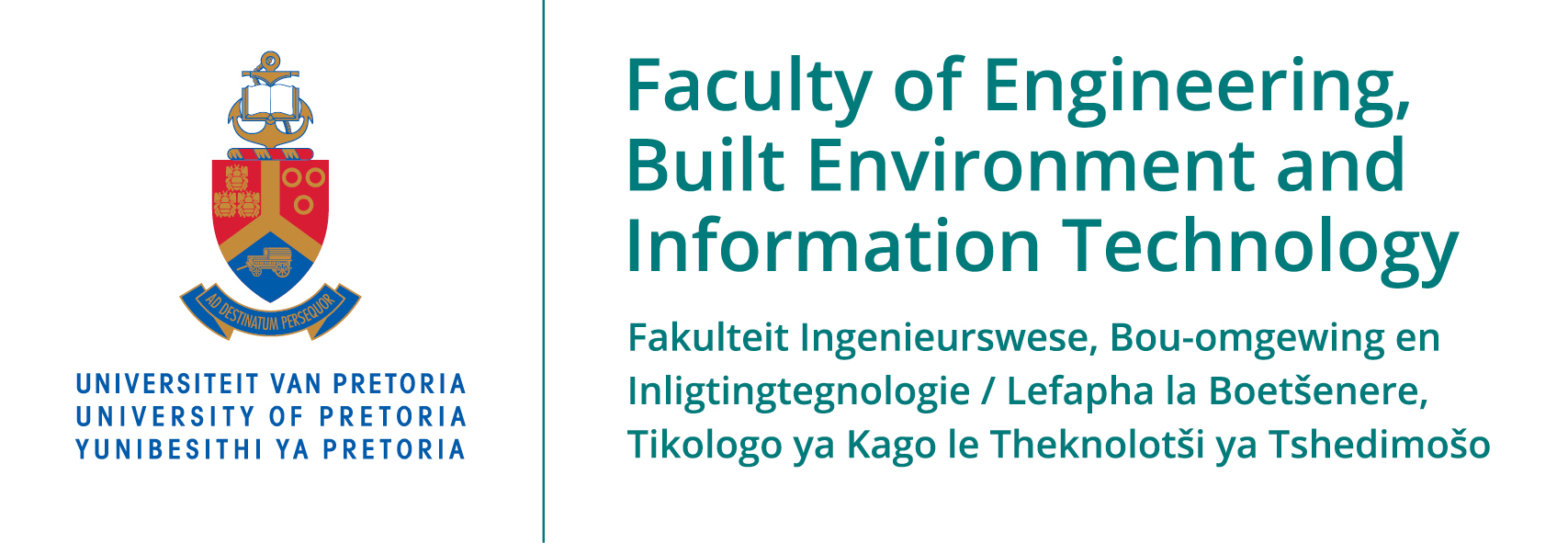




Overview
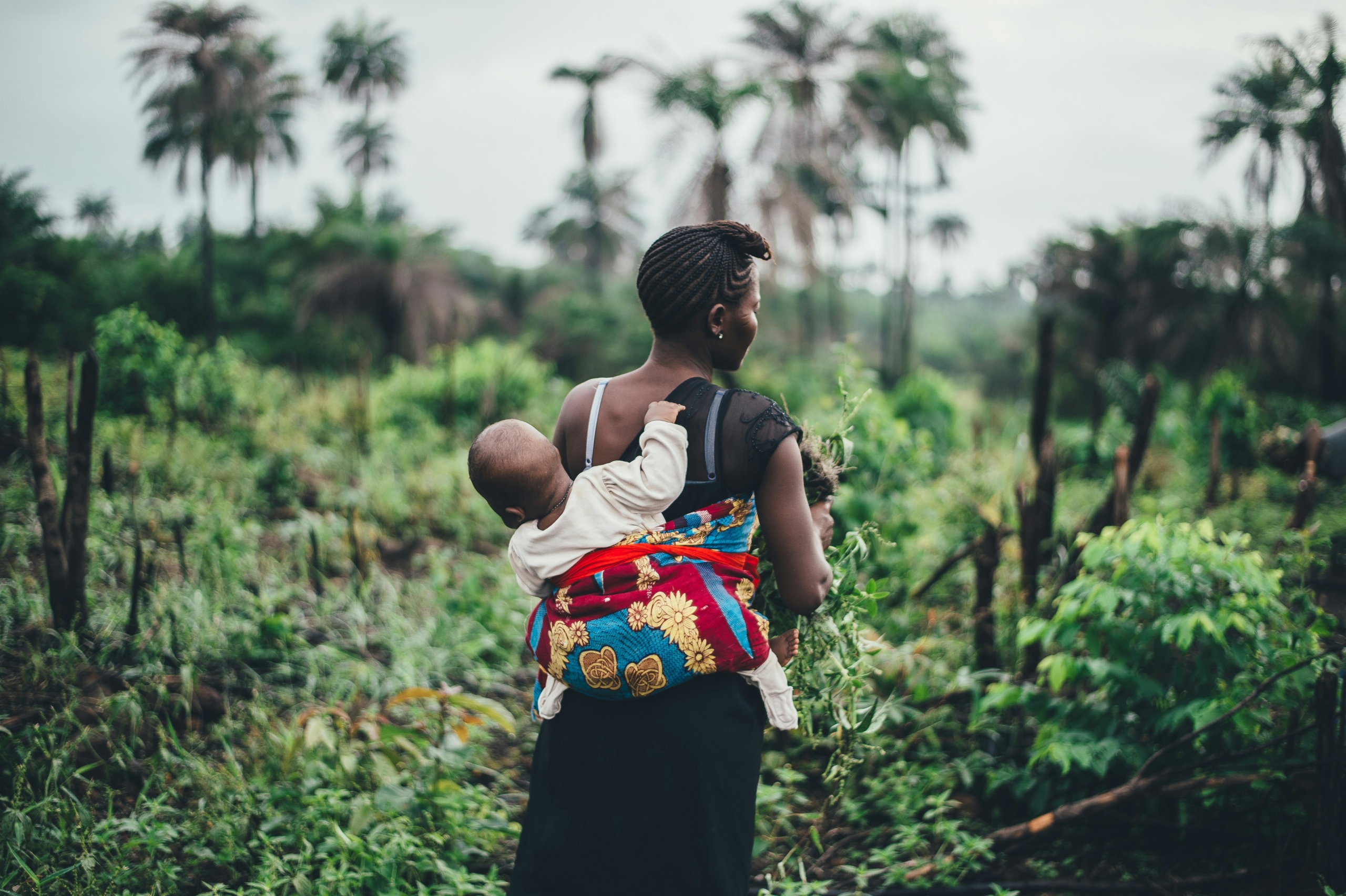
Can Heat Adaptation Protect Maternal and Neonatal Health?
Key Facts
The Health-Climate Link
Extreme heat is a growing risk for maternal and neonatal health, leading to complications such as dehydration, preterm labor, and heat-related illnesses. While the negative impacts are well-documented, there is limited evidence on effective strategies to protect pregnant women and newborns. Vulnerable populations in urban South Africa and semi-rural Zimbabwe are particularly at risk due to socio-economic challenges and limited access to cooling resources.
The HAPI Study Advantage
The HAPI Study, led by Professor Matthew Chersich, explores a range of protective mechanisms, including behavioral, built environment, and environmental innovations. By working across six maternity facilities and their surrounding communities, the study aims to identify scalable interventions to reduce heat-related health risks for pregnant women and infants.
Key Interventions Include:
- Behavioral strategies to improve hydration and mitigate heat exposure.
- Built environment modifications, including ventilation and cooling designs.
- Community-focused education and engagement to enhance awareness and resilience.
Aims and Objectives
The HAPI Study seeks to develop and evaluate evidence-based strategies to protect pregnant women and newborns from the adverse effects of extreme heat, ensuring these interventions are both scalable and sustainable.
Objectives of this study:
- Investigate the impact of extreme heat on maternal and neonatal health outcomes.
- Test interventions targeting behavior, housing, and environmental adaptations.
- Empower communities with knowledge and tools for effective heat mitigation.
- Provide actionable evidence to inform health policies and heat adaptation strategies.
Study design and methods
Study Design
Overview
The HAPI Study investigates how behavioral, structural, and environmental interventions can protect pregnant women and newborns from extreme heat. Conducted across six maternity facilities in urban South Africa and semi-rural Zimbabwe, the study combines interdisciplinary research with community engagement to develop scalable solutions that address climate-related health risks.
Interventions
- Behavioral Adaptations:
Promoting hydration and modifying daily routines to mitigate heat exposure. - Structural Interventions:
Testing cooling solutions in maternity facilities and homes, including improved ventilation and low-cost cooling devices. - Educational Campaigns:
- Raising community awareness of heat risks and fostering resilience through co-designed strategies.
Activities
Qualitative Study
Conducting interviews and focus groups with pregnant women and healthcare providers to understand their needs and perceptions of heat adaptation strategies.
Case Study Analysis
Analyzing intervention outcomes across diverse socio-economic contexts in South Africa and Zimbabwe to identify effective solutions.
Data Collection and Monitoring
Using sensors and wearable devices to monitor maternal and neonatal health outcomes, as well as environmental data such as temperature and humidity.
Policy and Guideline Development
Summarizing findings into policy briefs and toolkits for integrating heat adaptation measures into maternal healthcare systems.
Methods
Tracked Outcomes
- Maternal Health: Monitoring risks of dehydration, preterm labor, and complications during delivery.
- Neonatal Health: Evaluating thermoregulation and the prevention of heat-related illnesses.
- Environmental Impacts: Measuring indoor temperatures and intervention effectiveness.
Novel Methodology
Using real-time monitoring systems and community co-design to ensure culturally relevant, effective interventions. Training local researchers and healthcare workers to ensure sustainability and capacity building.
